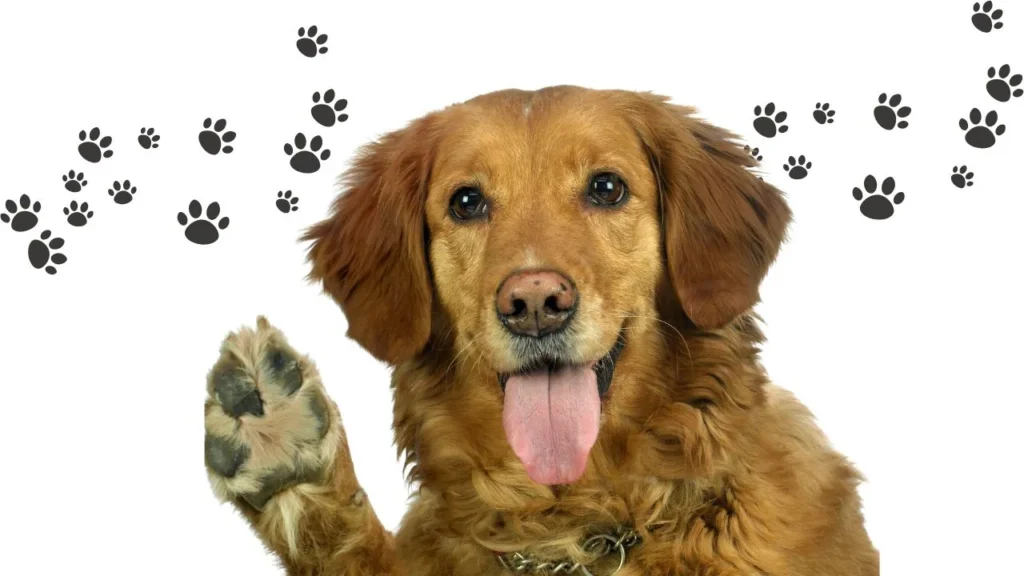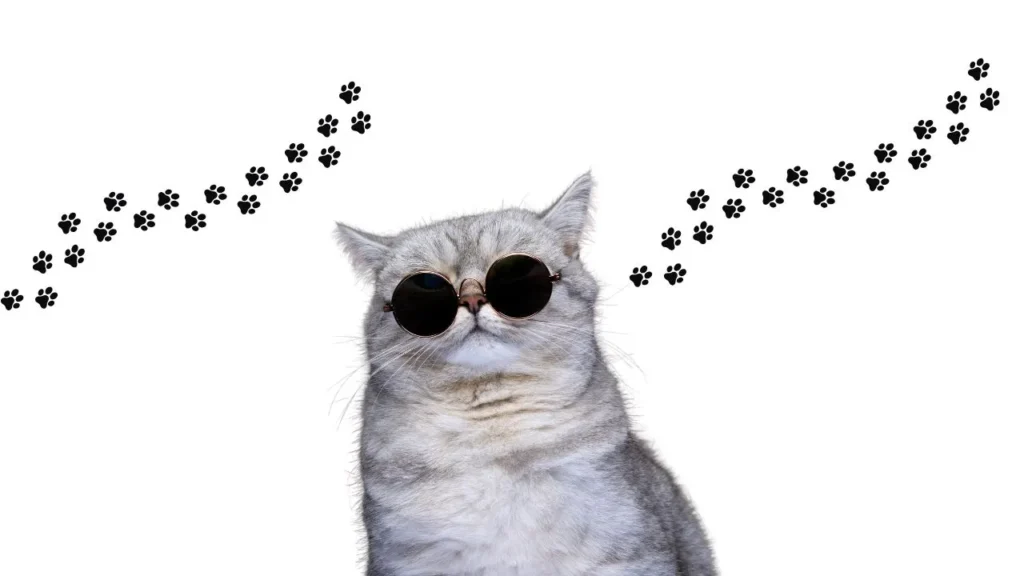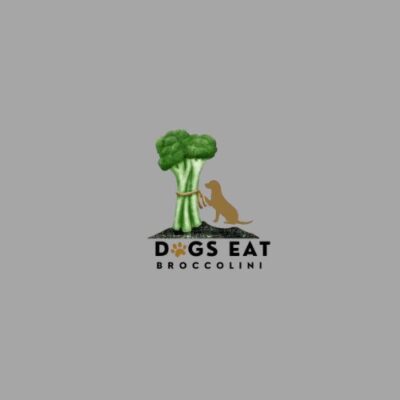If your cat or dog has liver disease, your veterinarian likely recommended medication and other precautions. However, medication alone isn’t enough; a good diet is also essential for managing liver disease.
What Is The Best Diet For Cats And Dogs With Liver Disease?
Diet plays a key role in managing a pet’s health, especially with liver disease. The right diet for a pet with liver problems depends on the specific condition. For example, a dog with copper storage disease needs a diet low in copper
but should you give High-quality protein he helps to reduce the liver’s workload, and studies suggest that non-meat protein sources like dairy, soy, and eggs are better than meat for pets with liver disease. In some cases, reducing protein intake is also recommended.
The ideal diet for a cat with liver disease may different from that of a dog. However, some general dietary changes and supplements are often recommended for pets recovering from or dealing with liver disease.
For cats and dogs with liver disease, the best diet should
Always there question what to feed a dog with liver problems and also for cats here is some important things you do.
Protein Use high-quality, easy-to-digest protein like chicken or fish. Avoid feed too much protein, especially in dogs.
Easily Digestible Carbs: This is the alternative energy source for pets with liver disease, give him Easily digestible carbohydrates foods like rice or sweet potatoes for energy.
Low Copper: Avoid copper-rich foods like on liver issue. For cats and dogs: Avoid foods that are high in copper, like liver or organ meats. Instead, opt for copper-restricted diets formulated for pets with liver disease So Always choose copper-restricted diets.
Fat: Fat is usually okay is a good of calories and essential fatty acids, but omega-3s from fish oil good it can help reduce inflammation.
Antioxidants: Add vitamins like E, C, and supplements like milk thistle to support the liver.
Low Sodium: Reduce salt to prevent fluid buildup.
Consult a vet for tailored advice or consider prescription diets like Hill’s l/d® or Royal Canin Hepatic.
Home-Cooked Diets For Pets

Home made diet are so well, in some cases may recommend home cooked diet but always make with proper guidance and vet recommendation, be notice diet with proper meets all nutritional they needs.
like hepatic diet for dogs.
Research indicates that cats and dogs with liver problems often improve when they eat diets with 20–25% fat.(Dog Cat Home Prepared Diet).
Vitamins & Minerals That Support Pets Liver Health
If you thinking about given him dragon fruit, wintermelon and other healthy fruits on liver disese issue, so must take guidence from vet.
Vitamin K: Helps prevent bleeding problems by aiding in the creation of blood-clotting factors. Liver disease can reduce the liver’s ability to produce and store Vitamin K.
Vitamin E: Acts as an antioxidant that helps protect the liver from damage caused by harmful molecules. It’s better to use water-soluble forms for pets with liver issues.
Vitamin C: Important for dogs because their liver produces it. Liver problems can lower Vitamin C levels in dogs.
B Vitamins: Important for liver function. Cats, in particular, need Thiamine (Vitamin B1) because they can quickly become deficient, especially if they aren’t eating well.
Zinc: Helps limit the amount of copper the body absorbs. Since excess copper can harm the liver and dogs with liver disease often lack zinc, this mineral is important for them.
SAM-e (S-adenosylmethionine): A substance produced by the liver that’s crucial for liver cell function. Pets with chronic liver disease often have lower levels of SAM-e.
Vitamins to Avoid
- Vitamin A: Can be toxic to the liver and worsen liver damage.
- Copper: Too much copper can harm the liver, so it should be kept to a minimum in pets with liver disease.
These vitamins and minerals support liver health, but some should be avoided to prevent further liver damage.
When you thing about adopt a pet so must add question before adopt a pet, about liver disease on owner and his health history.
Signs and symptoms of Liver Disease
There are several signs and symptoms of liver disease in pets. If any of these occur consistently, you should take your pet to the vet:
- Swelling of the abdomen
- Play bowing (a stretching posture with the front legs down and the rear up)
- Increased drooling (especially in cats)
- Orange-colored diarrhea
- Yellowish eyes, tongue, and/or gums
- Blood in urine or stools
- Licking of lips (a sign of nausea)
- Vomiting
- Drinking more water and urinating more often
- Itching
- Unsteady walking
- Weight loss
- Lethargy
- Confusion
- Muscle loss (in advanced stages)
- Seizures (if liver disease is not detected early)
- Blindness (the liver and eyes are connected in Traditional Chinese Medicine)
Most of these symptoms are not specific to liver disease and can vary from case to case. Visiting the vet as soon as any symptoms appear is always the best option.
FAQs
Can Cats with Liver Disease Eat Chicken?
Yes, cats with liver disease can eat chicken. The type of protein is important. Proteins that are easy for the liver to process are best. Good options include eggs, poultry, and small amounts of fish like sardines, salmon, and cod.
What to Avoid in Food for Pets with Liver Disease
Salt and Copper can be harmful to pets with liver disease. Avoid foods high in these elements and keep an eye on your pet to prevent fluid retention.
Are Eggs Good for Cats with Liver Disease?
Yes, eggs are beneficial for cats with liver disease. They provide high-quality protein and essential nutrients that support your cat’s health.
What If My Pet Doesn’t Want to Eat?
If your pet refuses to eat, you may need to feed them using a syringe or feeding tube. If your pet isn’t eating or drinking, dehydration could occur, so fluids may need to be given through an IV.
How Do You Take Care of a Cat with Liver Disease?
To care for a cat with liver disease:
- Pay close attention to your pet’s needs.
- Follow the prescribed medication and schedule regular checkups.
- Provide a diet that supports liver health and is rich in nutrients.
Can a Cat Recover from Liver Disease?

Yes, with proper care, including medication and diet, a cat can recover from liver disease. The liver is important for digestion and nutrient processing, so maintaining its health is crucial.
Is Your Dog’s Immunity Low? Here’s How to Boost It
To boost your dog’s immunity, you can add the following to their diet:
- Echinacea
- Mushrooms
- Fish oil
- Vitamin E and Vitamin C
- Olive leaf powder
- Rosemary
- Peppermint
- Yogurt
- Pumpkin
- Diatomaceous earth (DE)
- Turmeric
What Can i Feed a Dog with Liver Disease
Good protein sources for dogs with liver disease include boiled chicken, turkey, or fish. It’s important to remove any extra skin or fat since these can worsen liver issues. Lean meats like white meat and fish are good options that reduce liver stress. Avoid fatty snacks, oils, or fried foods.
Is Rice Good for Dogs with Liver Disease?
Yes, rice can be beneficial for dogs with liver disease. It’s easy to digest and provides energy. Rice is usually well-tolerated and can be a good substitute for other grains that might be harder to digest.
Conclusion
Liver disease in pets is becoming more common, and as a pet owner, it’s important to manage it properly. This includes giving the right medication, providing a suitable diet, and avoiding harmful foods.











No Comment! Be the first one.